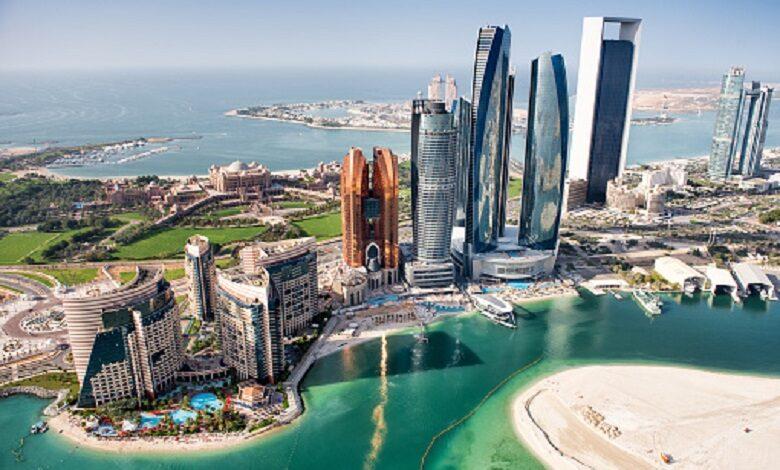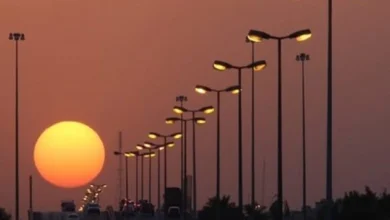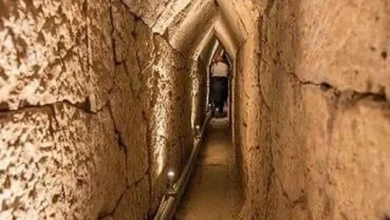Iran threatens to strike this gulf country in case of US attack

Abu Dhabi Crown Prince, Mohammed bin Zayed, received a direct threat of strikes last weekend from Tehran, which holds him “responsible for the assassination of Fakhrizadeh”, a source told Middle East Eye. According to the media outlet, Iran feared a possible attack by the United States.
After the assassination of Iranian nuclear scientist Mohsen Fakhrizadeh, Tehran contacted Abu Dhabi Crown Prince Mohammed bin Zayed “directly” last weekend, warning the United Arab Emirates of the consequences of a US attack on Iran, a senior Emirati source told Middle East Eye.
According to the media outlet, Iran fears a possible attack from the United States, believing that Donald Trump could strike the Islamic Republic before the end of his mandate on January 20.
“Mohammed bin Zayed has received a direct threat from Iran,” the source said, adding that Iran holds the United Arab Emirates “responsible for the assassination of Fakhrizadeh.”
Trump’s allies
The United Arab Emirates, which is only 70 km from Iran, are allies of Donald Trump and recently concluded a normalization agreement with Israel.
According to the source, the contact between Iran and Mohammed bin Zayed took place just hours before a statement by the UAE Foreign Ministry, which denounced Sunday evening the assassination of Mr. Fakhrizadeh, which could “fuel further conflicts In the region”.
“The current state of instability in our region and the security challenges it faces pushes us all to work to avoid acts that could lead to escalation and possibly threaten the stability of the entire region,” said the Minister.
Iran steps up nuclear program
Following the assassination of Mohsen Fakhrizadeh, the Iranian Parliament proposed a bill aimed at increasing the rate of uranium enrichment and the use of centrifuges more advanced than those provided for in the nuclear agreement, announces a press release issued by its press service.
The bill envisages increasing the level of uranium enrichment to 20% and above. Currently, Iran enriches its uranium to 4%, while the rate provided for by the nuclear agreement is 3.67%. The same text suggests using the IR-2M centrifuges at the Natanz site and installing IR-6s at the Fordo site, while the agreement only allows the use of generation IR-1 centrifuges. Finally, he intends to relaunch the Arak reactor and begin the construction of a second.
The bill also plans to drop the additional protocol allowing the International Atomic Energy Agency (IAEA) to have wider access to Iranian nuclear information and sites, believing this to be the best answer to the assassination of the scientist.
Assassination of Iranian scientist
An Iranian nuclear scientist was killed on Friday, November 27. Mohsen Fakhrizadeh, 59, was the head of the Research and Innovation department at the Ministry of Defense. He was targeted in his car by several assailants in the town of Absard, east of Tehran, who seriously injured him. He could not be resuscitated, authorities said.
The next day, Iranian President Hassan Rouhani accused Israel of having acted as a “mercenary” of the United States in this assassination.




